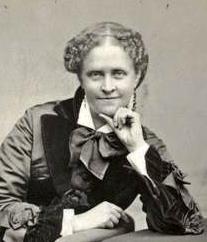A Quote by Mark Twain
Honest poverty is a gem that even a king might be proud to call his own - but I wish to sell out
Related Quotes
Owner Red McCombs has a track record for dumping teams - he owned both the NBA's Spurs and Nuggets at various times - and his stadium situation just isn't going to get resolved in the Twin Cities. Even some of his fellow owners have him No. 1 on the relocation list. I think Red might sell, ... He's been known to sell before.
To live his life in his own way, to call his house his castle, to enjoy the fruits of his own labour, to educate his children as his conscience directs, to save for their prosperity after his death -- these are wishes deeply ingrained in civilised man. Their realization is almost as necessary to our virtues as to our happiness. From their total frustration disastrous results both moral and psychological might follow.
A king is a mortal god on earth, unto whom the living God hath lent his own name as a great honour; but withal told him, he should die like a man, lest he should be proud, and flatter himself that God hath with his name imparted unto him his nature also. JOHN LOCKE, "Of a King", The Conduct of the Understanding: Essays, Moral, Economical, and Political A king may be a tool, a thing of straw; but if he serves to frighten our enemies, and secure our property, it is well enough: a scarecrow is a thing of straw, but it protects the corn.
We forget now, but during his life, Dr. King wasn't always considered a unifying figure. Even after rising to prominence, even after winning the Nobel Peace Prize, Dr. King was vilified by many, denounced as a rabble rouser and an agitator, a communist and a radical. He was even attacked by his own people, by those who felt he was going too fast or those who felt he was going too slow; by those who felt he shouldn't meddle in issues like the Vietnam War or the rights of union workers.
Somebody might have come along that way who would have asked him his trouble, and might have cheered him by saying that his notions were further advanced than those of his grammarian. But nobody did come, because nobody does; and under the crushing recognition of his gigantic error Jude continued to wish himself out of the world.





































